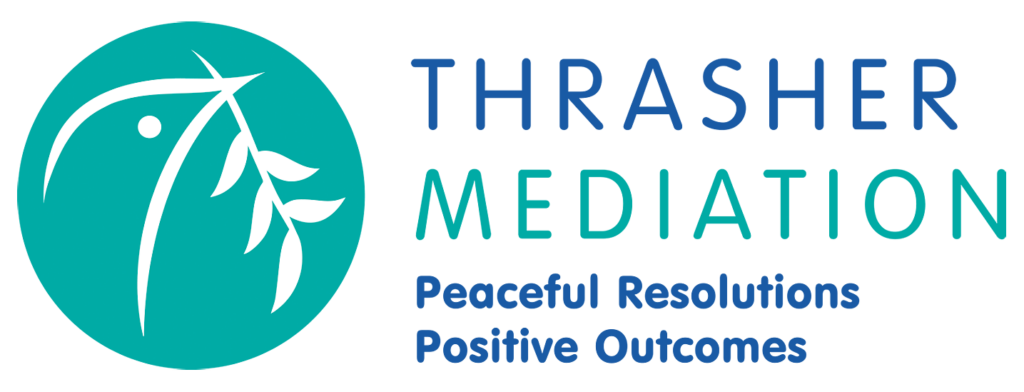Divorce is one of life’s most challenging experiences. It’s not just the end of a relationship; it’s the start of significant changes for both partners and often their children. While some divorces may inevitably lead to contentious battles, mediation offers an alternative that focuses on collaboration, understanding, and fairness. Here’s why using a mediator before finalizing your divorce can make a world of difference.
1. Reduces Conflict and Stress
Divorce can be emotionally charged, and traditional court proceedings often exacerbate tensions. Mediators are trained professionals who create a safe and neutral environment. Their goal is to facilitate productive discussions, helping both parties work through disagreements calmly. By focusing on mutual understanding, mediation reduces the emotional toll on everyone involved.
2. Saves Time and Money
Litigated divorces can take months, even years, to resolve and often come with hefty legal fees. Mediation is typically faster and less expensive. By focusing on collaboration rather than confrontation, couples can resolve issues efficiently, keeping costs down and avoiding prolonged stress.
3. Puts You in Control
In court, a judge makes decisions about your future. With mediation, you and your spouse maintain control over the outcome. This means you can work together to create agreements that suit your specific needs, from dividing assets to determining custody arrangements. Mediation empowers you to shape the future rather than leaving it in the hands of a third party.
4. Promotes Better Communication
Mediation encourages open and respectful dialogue. For couples who share children, this is especially important, as you’ll need to maintain a co-parenting relationship. Learning to communicate effectively during mediation sets a foundation for better interactions in the future, benefiting both you and your children.
5. Focuses on What’s Best for the Children
Divorce can be particularly hard on children. Mediation prioritizes their well-being by helping parents work together to create a parenting plan that minimizes disruption. A mediator can guide you in crafting arrangements that support your children’s emotional and practical needs.
6. Confidential and Private
Court proceedings are part of the public record, but mediation is confidential. This allows you to discuss sensitive issues without the fear of airing personal matters in a public forum.
7. Improves Post-Divorce Relationships
The way a divorce is handled can significantly impact how both parties move forward. Mediation fosters a more amicable separation, reducing resentment and laying the groundwork for a healthier post-divorce relationship, which is especially important when the partners will need to co-parent their children.
When to Consider Mediation
While mediation is a valuable tool, it’s not suitable for every situation. If there’s a history of abuse, power imbalances, or an unwillingness to cooperate, mediation may not be effective. However, for many couples, it’s a constructive way to navigate the complexities of divorce with dignity and respect.
Divorce doesn’t have to be a battleground. Mediation offers a path to resolution that is fair, efficient, and less emotionally taxing. By choosing mediation, you’re taking a step toward a future that prioritizes collaboration over conflict, giving everyone involved the best chance to heal and move forward.
If you’re considering divorce, reach out to a professional mediator to explore your options. It could be the key to achieving a more peaceful and productive separation.


